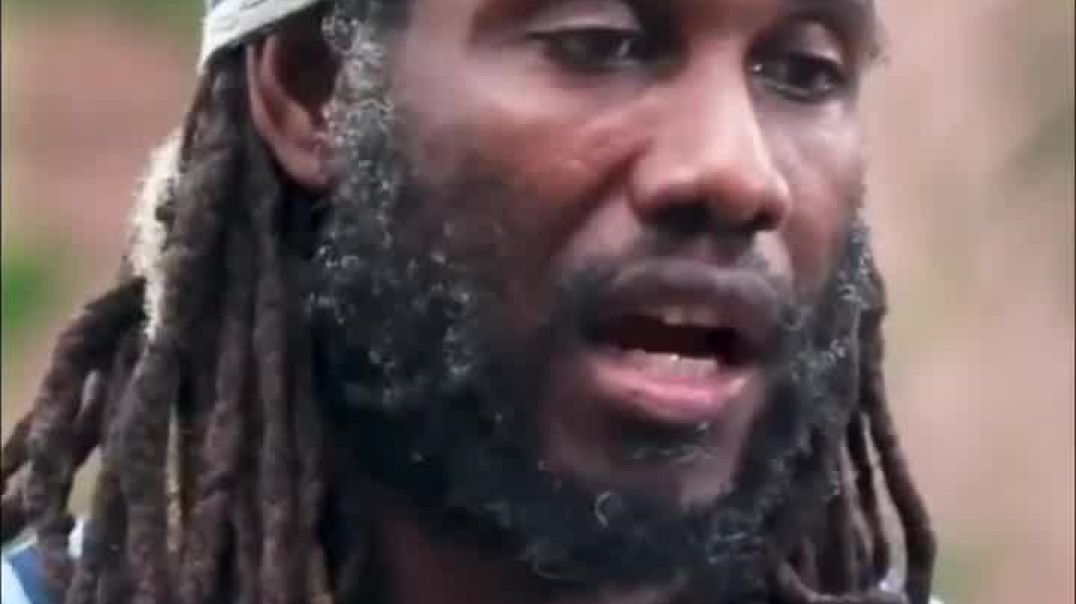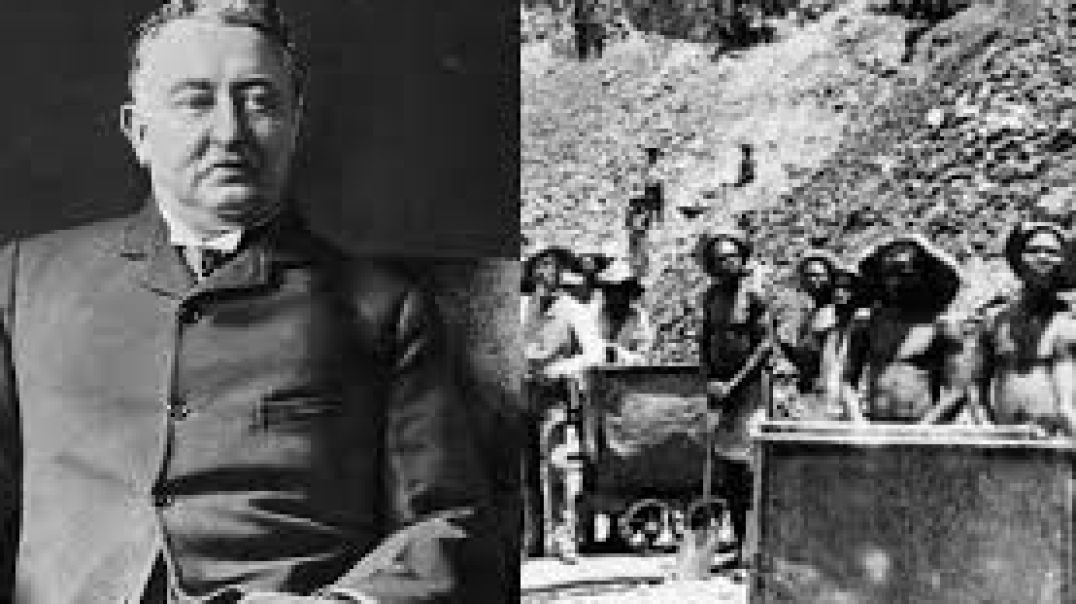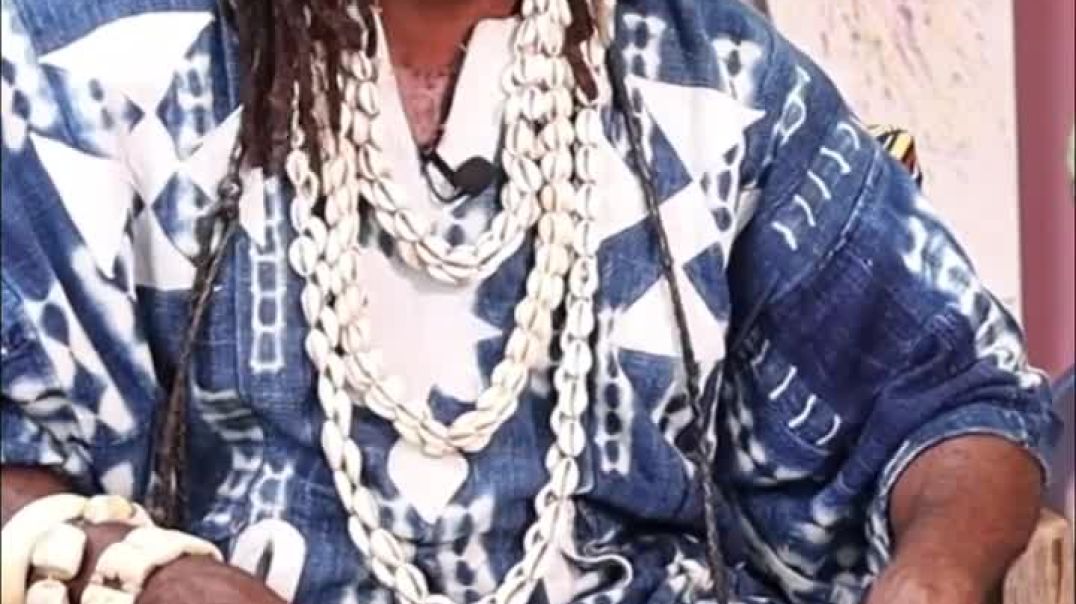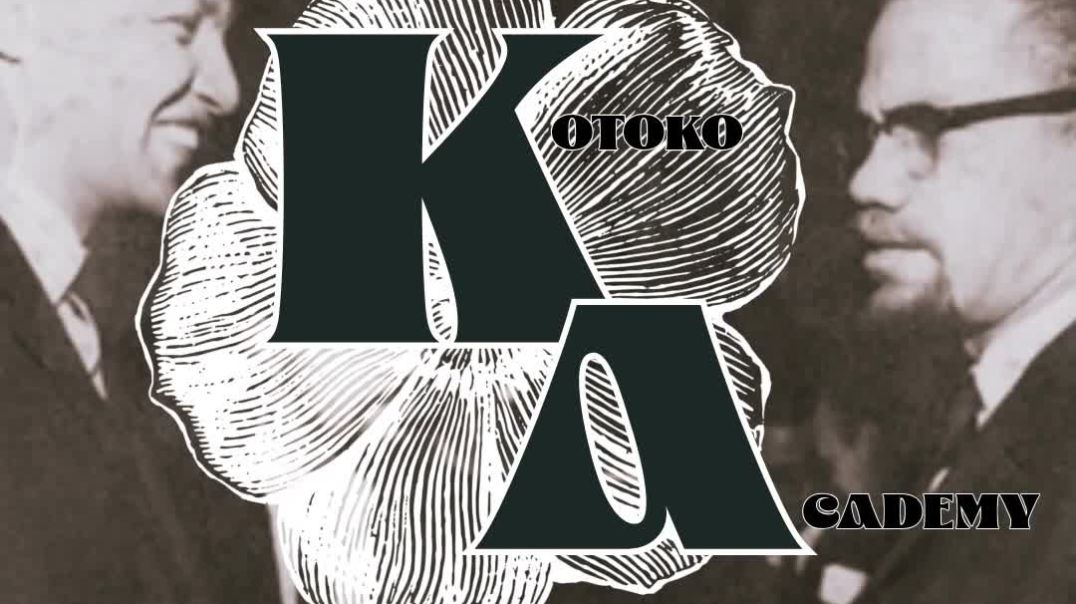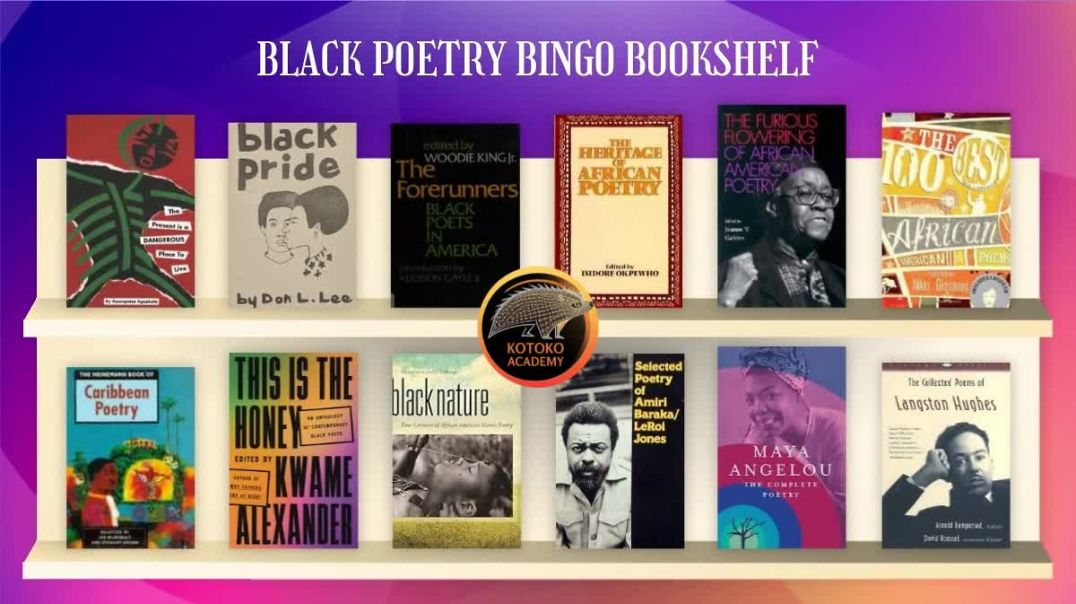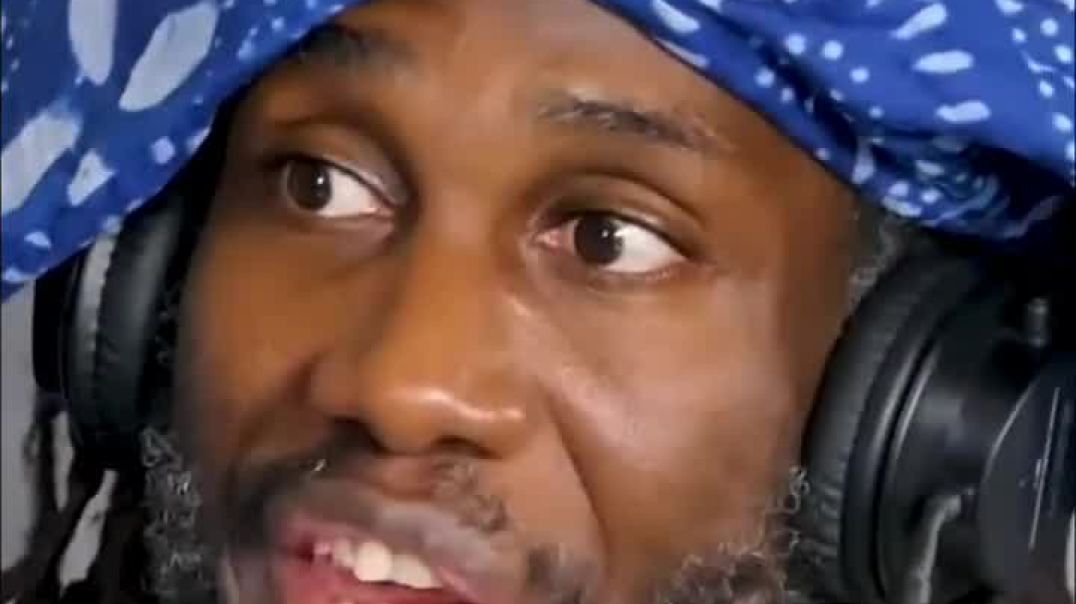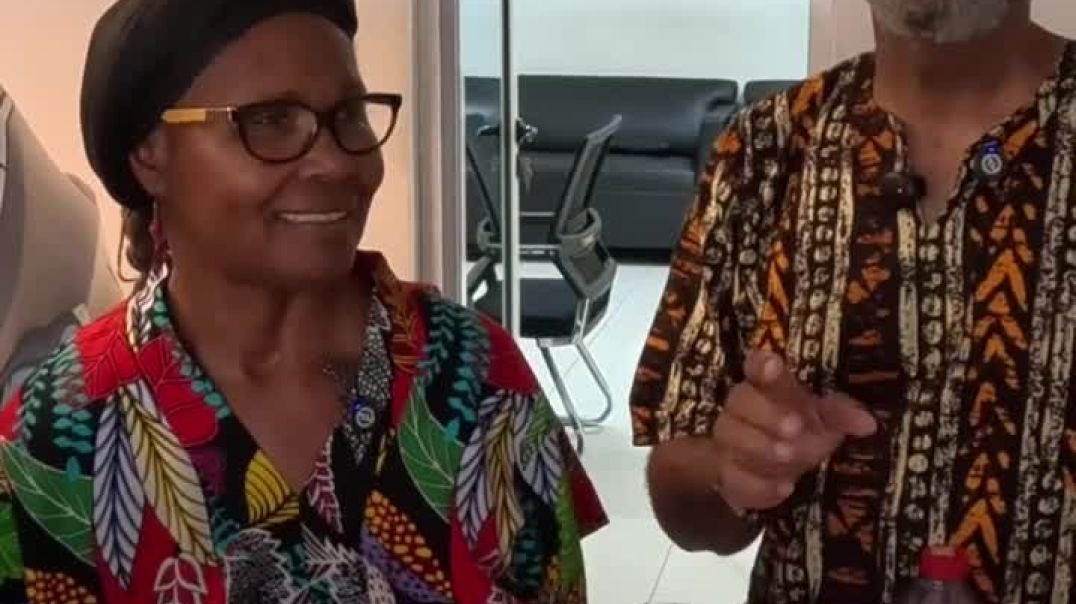Live
Black Manhood Crisis: Who REALLY Benefits From It?
One of the ways European rule is through deception, they learned in the 1960s that they must change their language in order to impliment their Global Racial White Agenda.
Stuck on the "Read an Artist Biography" Square?
Remember, it's a doorway, not a dead end.! Think outside the bingo box.
Your card can include:
• Full-Length Biographies
•Autobiographies & Memoirs
• Published Letters & Journals
• Essay Collections
• Documentary Films (wesee you, visual learners!)
The goal is to connect with an artist's life. How will you fill your square?
Why have I walled in my Poet's Voice by Jan Carew
Recited by Sister Marika
Okay, team! Pre-game for Black Poetry Bingo starts NOW. 🎯 The mission:
Time to dust off those anthologies and find your new favorite poet. ✨
Think of them as your ultimate cheat sheet. A few heavy hitters:
👉🏿 “The 100 Best African American Poems: A Black Poetry
Collection” by Nikki Giovanni
👉🏿 “This Is the Honey: An Anthology of Contemporary Black
Poets” by Kwame Alexander
👉🏿 “The Present is a Dangerous Place to Live” by
Keorapetse Kgositsile
📌 Pro Tip: You can purchase these from a
Black-owned bookstore OR reserve them at your local library. Support
your community, expand your mind!
#blackpoetrybingo #readmorepoetry #Bookstagram
#BlackOwnedBookstores
Ready to fill your February with powerful words? ✨ Join us for Black Poetry Bingo — a month-long celebration of Black poets,voices, and verse.
📅 Runs: Feb 1 – Feb 28
📝 Howto play:
✅ Complete 5 squares in a row (anydirection)
✅ Only 1 square per day — slowdown and savor the poetry
✅ Share your journey and tag @KotokoAcademy with #blackpoetrybingo so we can cheer you on!
Let’s discover new voices, revisit favorites, and buildcommunity—one poem at a time. Who’s in?
🔗 kotokoacademy.info/black-poetry-bingo
Mama say she don't want no beckies in her house.
